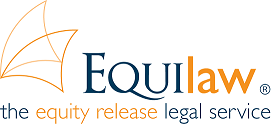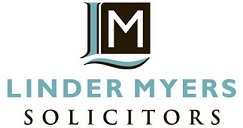Good morning and welcome to BCL Graduates...
Working in conveyancing
If working in conveyancing or property law is an ambition of yours, then we have some important information for you to consider.
What types of work can I expect?
In law, conveyancing is the process of transferring ownership of a residential or commercial property or piece of land. As a conveyancer (specialist property lawyer) you will deal with all contractual paperwork and financial dealings, whether it’s plot sales and residential development, sales repossession or mortgage related.
Is it for me?
Conveyancing offers the chance for rapid career progression and there are opportunities from entry-level law graduates, through secretarial and support staff to fee earners and fully qualified solicitors and licensed conveyancers. Qualifications are not absolutely essential, so you’ll find both qualified and non-qualified fee earners having responsibility for a personal caseload. Plus, as you gain valuable experience, more career paths open up - including training and development, client relationship management, and at team leader / management level.
Training and qualifications
A specialist property lawyer will generally have chosen to qualify as a solicitor, chartered legal executive or licensed conveyancer.
Licensed conveyancers in England and Wales are required to complete a course with the Council of Licensed Conveyancers (CLC). Entry requirements are four GCSEs including English to Grade C or above, although CILEx students and law graduates who apply may very well be exempt from taking certain academic elements of the course.
On successful completion of academic exams and two years’ practical training under the supervision of a licensed conveyancer, you will be awarded your first licence. This is known as a ‘limited’ or ‘employed’ licence and allows you to practice property law. After a further three years of qualifying employment you can apply for a full licence. This allows you to become a partner within practice or set up business on your own.
The Licensed Conveyancing Certificate is very highly regarded in the world of property law, having equal status to that of a solicitor. In fact, some solicitors choose to cross-qualify as a conveyancer, which can be achieved through an interview with the Council of Licensed Conveyancers. To find out more, visit www.clc-uk.org.
28TH JUNE 2016
Vanessa, can you summarise your career to date? After four years in private…
28TH JUNE 2016
Greg, whats been your career path? I joined Osborne Clarke just after I…












